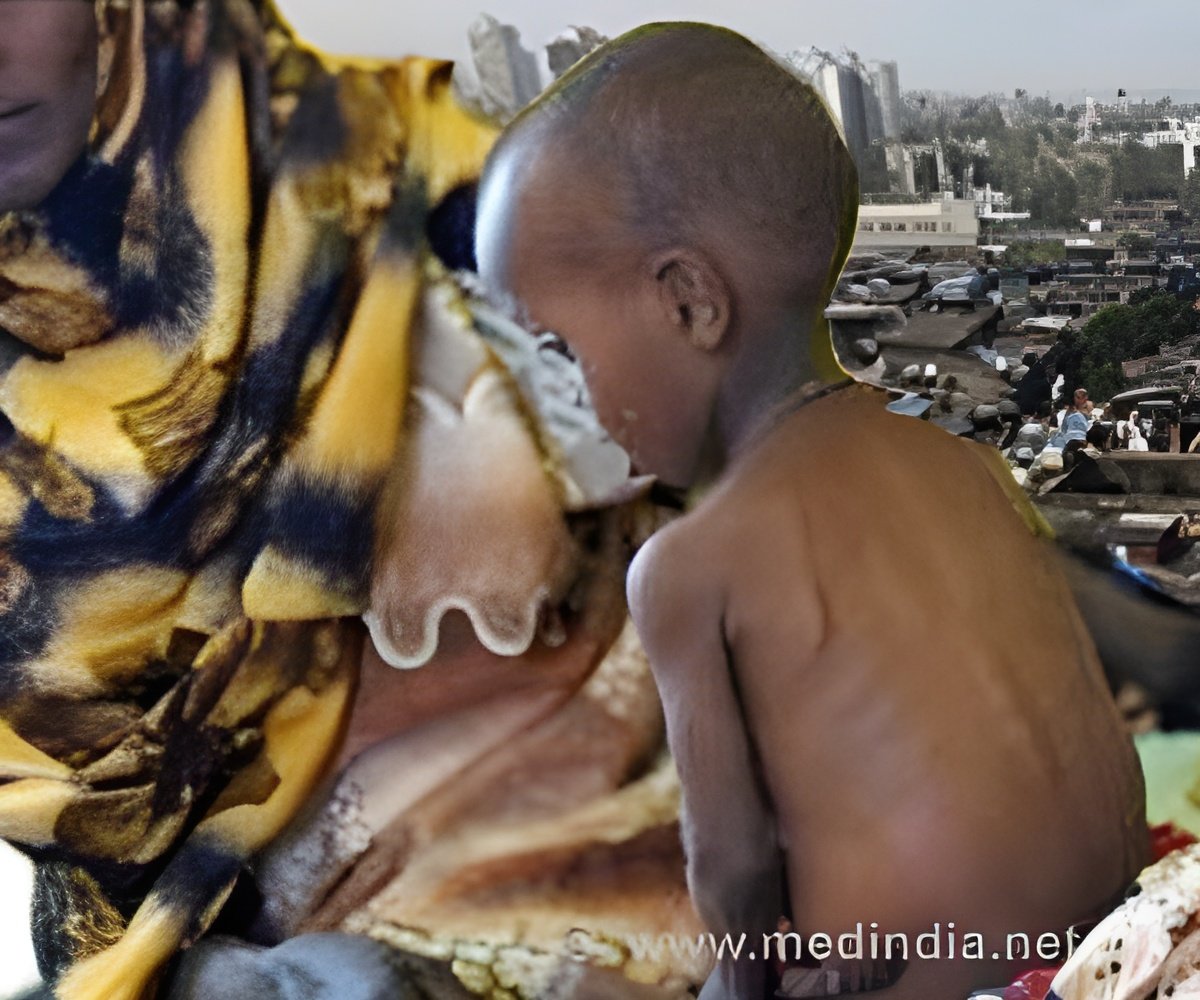Children whose mothers were malnourished at famine levels during the first 10 weeks of pregnancy had changes in DNA that can suppress genes involved in metabolism.

"The first ten weeks of gestation is a uniquely sensitive period when the blood methylome -- or whole-genome DNA methylation -- is especially sensitive to the prenatal environment," said one of the study authors L. H. Lumey, associate professor at the Mailman School of Public Health, Columbia University.
"This is the period when a woman may not even be aware that she is pregnant," Lumey said.
The study evaluated how famine exposure during the Dutch Hunger Winter of 1944-1945 affected genetic changes.
The researchers also studied the impact of short-term exposure to famine conditions, pre-conception and post-conception. The study used blood samples of 422 individuals exposed to the famine at any time during gestation and 463 controls without prenatal famine exposure.
The findings showed associations between famine exposure during weeks one to 10 of gestation and DNA changes, but not during later weeks of pregnancy.
Advertisement
The findings appeared in the International Journal of Epidemiology.
Advertisement













